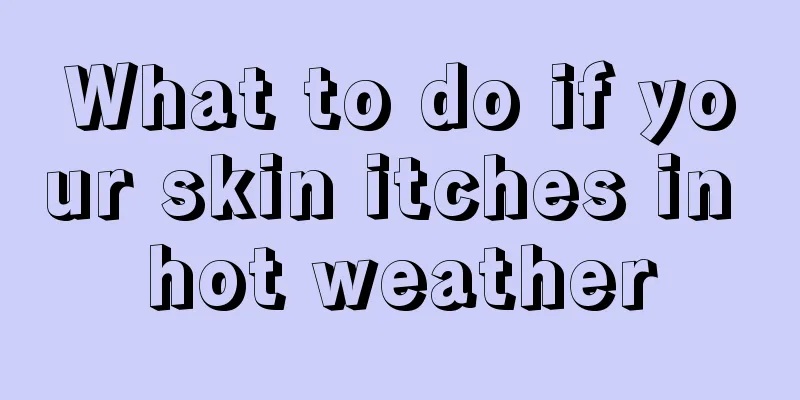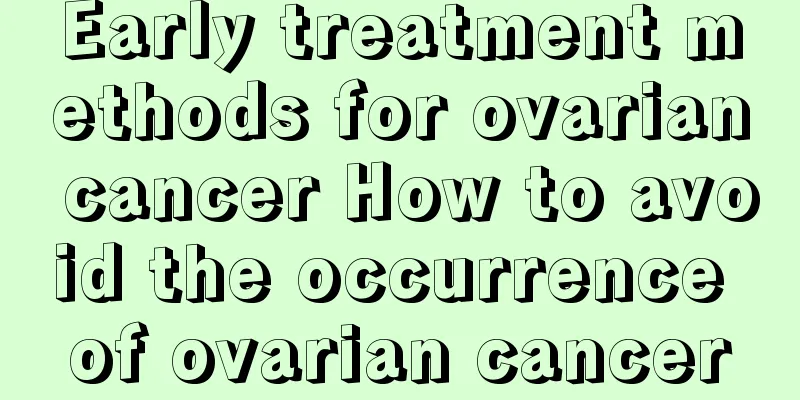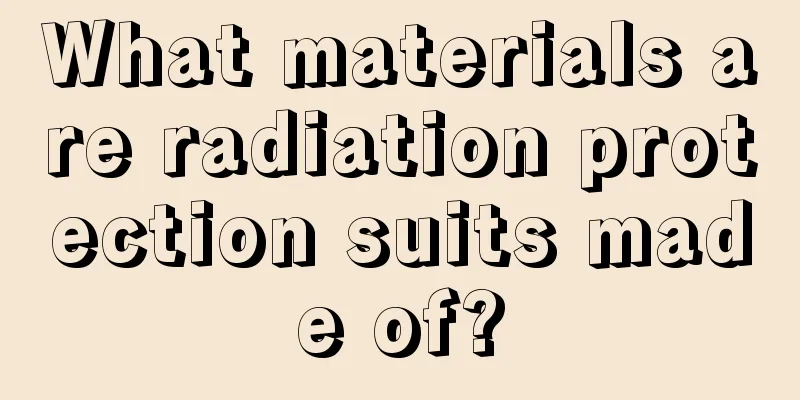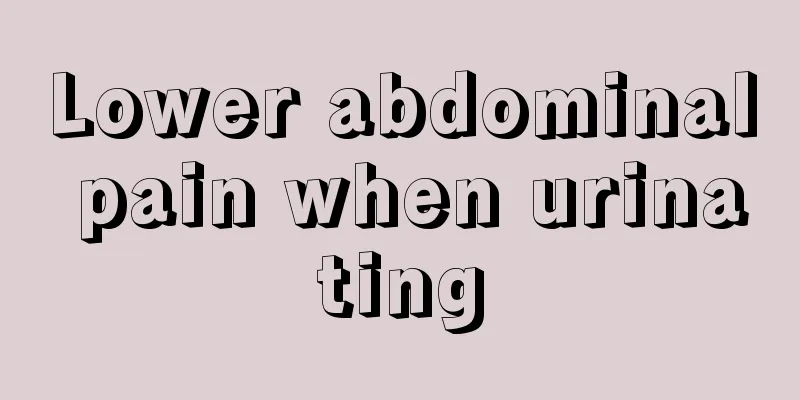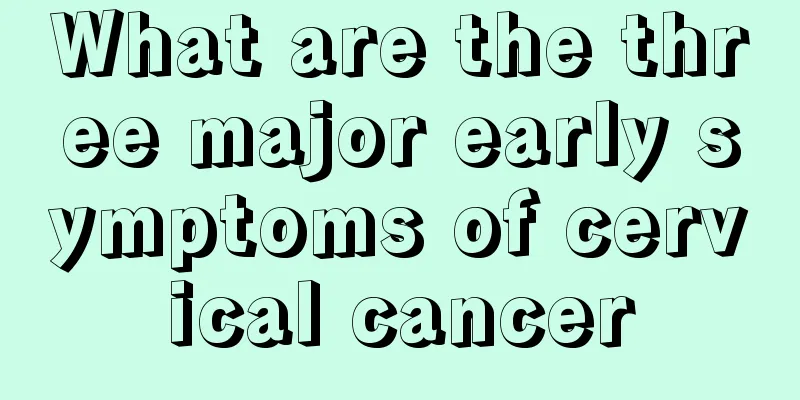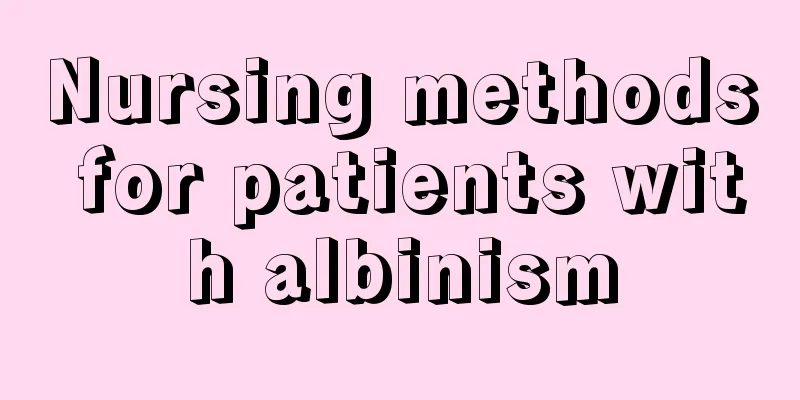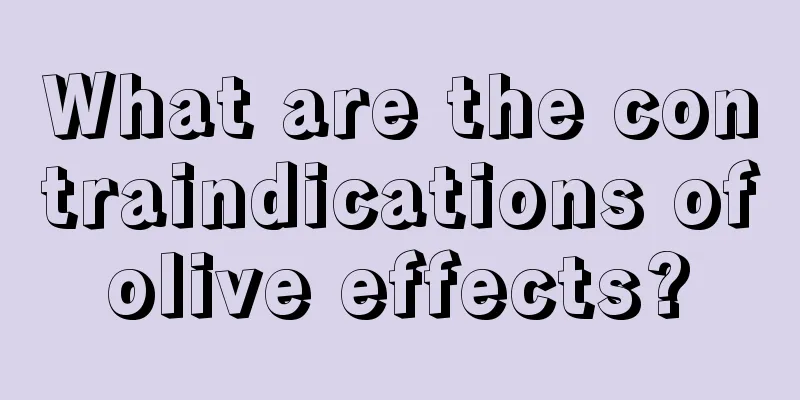Is it dangerous to extract teeth yourself
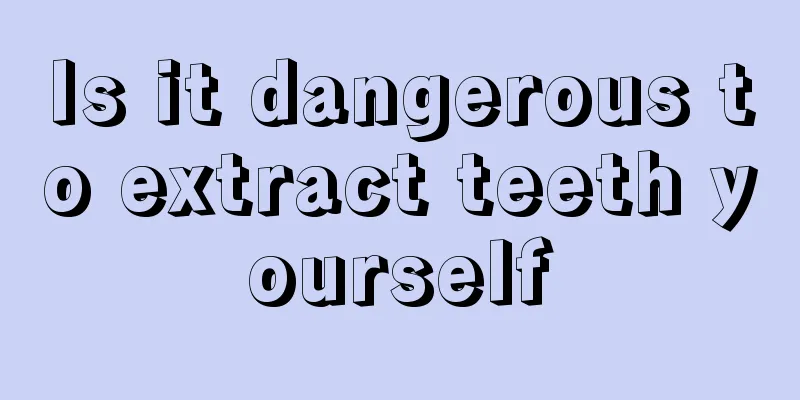
|
We cannot do without teeth when we eat. Teeth not only help us bite things, but also represent the health of a person's image. When people have dental diseases, most of them need to see a dentist, because only in this way can they keep their teeth healthy. However, it should be noted that some people may choose to extract their teeth at home because of loose teeth. This is a wrong behavior, because if the tooth extraction method is incorrect, it will be harmful. Dentists say that you should eat a full meal before having a tooth extracted, otherwise it is easy to cause fainting. In some cases, teeth should not be extracted, and patients with blood diseases should try not to have teeth extracted. Patients with hemophilia, thrombocytopenic purpura, leukemia, etc. often bleed profusely when having teeth extracted, and may even be in danger of their lives. Some patients are eager to have their teeth extracted and deliberately conceal their condition from the doctor, which is very wrong. Patients with hypertension and heart disease should be cautious when having teeth extracted. If they can make preparations before the extraction, the tooth can be extracted. It is only forbidden to extract teeth when there is damage to the brain, heart, kidneys, etc. or during a heart attack. Diabetic patients are prone to wound infection during tooth extraction, and the infection will aggravate diabetes. Therefore, antibiotics should be used before and after tooth extraction to control infection. Patients with hepatitis, cirrhosis, impaired liver function, and those with reduced prothrombin and fibrinogen in their blood are particularly prone to bleeding. Therefore, tooth extraction is not recommended for patients with active hepatitis or severe liver damage. Liver protection measures should be implemented first, and then coagulation drugs such as vitamin K should be used preventively after liver function improves. Only then can tooth extraction be performed. People with renal failure or severe kidney disease should not have their teeth extracted. For mild kidney disease, antibiotics can be injected for 2-3 days before tooth extraction to prevent temporary bacteremia after tooth extraction, which may worsen the kidney disease. Tooth extraction is possible during pregnancy, but those with a history of habitual miscarriage should be cautious. Since miscarriage is more likely to occur within 3 months of pregnancy and premature birth is more likely to occur after 6 months, it is best to extract teeth during the 3rd to 6th month of pregnancy, which is safer. Sometimes there is a lot of bleeding after tooth extraction during menstruation, so tooth extraction should be postponed. Patients with hyperthyroidism may suffer a thyroid crisis due to infection, anxiety, or surgery, and may even die rapidly. If you need to have a tooth extracted, you need to undergo a preoperative examination. The basal metabolic rate should be below 20 and the pulse rate should be below 100 beats per minute. Do not add adrenaline to the anesthetic. You also need to take anti-inflammatory drugs before and after the tooth extraction. Any tooth located within the range of oral malignant tumors should be removed in large pieces along with the tumor. Extracting the tooth alone will accelerate the spread of tumor cells. Tooth extraction should not be performed in areas that have undergone radiotherapy to avoid causing radiation osteomyelitis. The doctor also reminded the patient that after the tooth is extracted, he should be careful to gently bite the cotton roll placed in the patient's mouth and not spit it out until 30 minutes later. On the day of tooth extraction, do not talk or laugh loudly, spit or spit forcefully, do not lick the wound with your tongue, and do not suck on the wound to avoid bleeding caused by negative pressure in the wound. Also, do not touch it with your fingers or a toothbrush. You can eat two hours after tooth extraction. Avoid eating too hot or too hard food, drinking strong alcohol, smoking, and eating spicy food. Do not rinse your mouth within 6 hours, otherwise it may cause re-bleeding or cause the wound to become infected and inflamed. After 6 hours, you can gently gargle with warm salt water. You can brush your teeth the next day after tooth extraction, but be careful not to let the toothbrush touch the wound. Within 20 hours, there may be a small amount of blood in your saliva. This is normal, so don't be afraid. Even if there is a lot of bleeding, don't panic. Immediately find a piece of sterilized gauze, put it on the bleeding wound and bite it, then go to the hospital for emergency treatment. You should avoid excessive activity on the day of tooth extraction. |
<<: Why can't I have my teeth extracted in the afternoon?
>>: How to make spicy vinegar sauce
Recommend
Detailed analysis of several major bone cancer treatment methods
The treatment of bone cancer is imminent, because...
How to clean walnuts
If you want to eat fresh walnuts, you must wash t...
Why does frequent bowel movements caused by colitis lead to colon cancer?
Why does frequent bowel movements caused by colit...
The occurrence of gastric cancer has a certain relationship with heredity
Gastric cancer has a clear tendency to cluster in...
Selection criteria for rectal cancer radiotherapy and chemotherapy hospitals
Rectal cancer is one of the most common malignant...
What medicine is used for advanced ovarian cancer
There are Western medicine and Chinese medicine f...
Can drinking lemon water cure body odor? What are the benefits of lemon water?
Lemonade is a very popular drink among the public...
Space cotton pillow
Some space-related cotton home textiles are very ...
What is the function of medical multi-enzyme cleaning agent
Detergents are actually widely used in our daily ...
What are the treatments for early stage lung cancer? The recovery rate of early stage lung cancer is very high if treated this way
How should lung cancer be treated in its early st...
Is the formaldehyde removal solution poisonous?
Many people know that any chemical will cause som...
What are the treatments for lung cancer? The 4 most effective treatments for lung cancer
Strictly speaking, the best treatment for lung ca...
Why do babies clench their fists like this when they are born?
The greater the “punch power”, the longer the lif...
What are the symptoms of ligament inflammation
Ligament sprain is the most common ligament infla...
How to take care of cervical cancer in daily life
In order to defeat the tumor and restore health, ...

